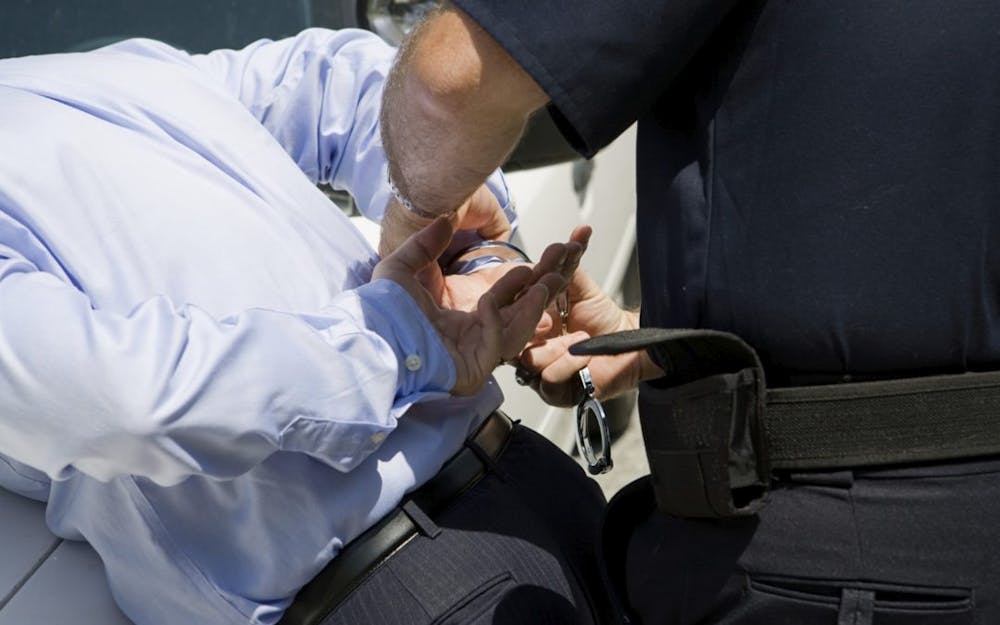Criminal charges for assault always have the potential of serious criminal fines and jail time. To make matters worth, most assault cases also come with charges for battery, which can mean facing penalties for both offenses. Even a first-time assault charge can carry penalties that can affect the rest of your life, especially for assault with a deadly weapon. For help with your case, contact the Ventura assault lawyers at the Law Offices of Bamieh and De Smeth, and read on to learn more about the penalties for first-time assault charges in California.
What are the Assault Penalties for a First Time Offenders in CA?
Many crimes carry set penalties which give the judge a range of options. Some crimes have automatic upgrades for repeat offenders which alter that range or give different scales for first-time and second-time offenders. Unfortunately, assault gives one range which applies to all offenses – first-time or otherwise. However, judges usually sentence defendants without a criminal record more leniently, potentially producing reduced penalties.
Assault is punished in California by a fine of up to $1,000 and the potential of a jail sentence of up to 6 months. These are the base penalties for the basic offense of attempting to “commit violent injury on the person of another.” If you commit the crime in certain ways or against certain victims, the penalties might be upgraded or modified.
If the victim of an assault crime is a parking control officer, police officer, another emergency responder, a doctor, another hospital employee, a school employee, a juror, or another person specifically listed in the statute, the penalties are increased. Assaulting anyone in one of these protected professions or protected classes increases the fine to a maximum of $2,000 and increases the jail term to a maximum of 1 year.
The same penalties apply if the assault was “committed on school or park property.” If you were a student at the time, these charges might be handled as juvenile charges. In this case, “school property” can include the grounds or property of any school, be it an elementary school, a high school, a college, or another school. “Park property” refers to any public park but does not refer to private parks nor professional sports stadiums.
The penalties are also increased to a $2,000 fine and a year in jail for assaulting someone while on public transportation (e.g., while riding a bus).
Assault with a deadly weapon is a much more serious offense. This carries the potential of a fine up to $10,000 and a potential prison sentence of 2, 3, or 4 years, or 1 year in county jail. Other factors might increase these penalties, as well.
In California, “assault” is the crime of attempting to injure someone else. If you actually make contact with someone or strike them, you may be charged with “battery” in addition to the assault. Assault and battery are separate crimes and can come with separate penalties. Battery has a standard punishment of up to 6 months in jail and a fine of up to $2,000, but this can also change if you attack certain individuals or harm someone in certain locations.
Sentencing for First Offense Assault Crimes in CA
Since these penalties give a range of potential penalties, the judge decides on the final sentence based on various factors. When penalties give a maximum penalty only, the judge is permitted to order no jail time at all or any amount of jail time not exceeding one year. The judge is also allowed to order probation or another type of penalty short of a year in jail. When the judge is supposed to choose between 2, 3, or 4 years in prison, the judge will usually choose one of those whole numbers rather than ordering 2.5 or 3.5 years in prison.
The factors a judge uses primarily look at the defendant’s criminal record, the risk of committing another crime, and the potential for rehabilitation. If this is your first offense, the judge will typically be more lenient on you at sentencing. The lack of a criminal record shows no propensity for violence or likelihood that you will commit additional offenses.
Re-offending or committing additional crimes is known as “recidivism,” and judges often work to prevent recidivism, especially for first offenders. This means that judges may be more concerned with rehabilitation rather than strictly punishing you for the crime you committed. The potential for you to be rehabilitated by placing you on supervised release or some other program may give a judge additional reasons to give you a lighter sentence or sentence you to probation.
Probation is a common first-time penalty for assault. This lets you stay out of jail as long as you stay free of additional crime, check in with your probation officer, and perform other tasks, such as taking crime prevention classes or performing community service. However, any probation violation can send you straight to jail.
Assault Lawyer in Ventura, CA Offering Free Legal Consultations
If you or a loved one was arrested for assault or battery in California, contact the Law Offices of Bamieh and De Smeth today. Our Ventura criminal defense lawyers offer free consultations to help you understand the charges, the potential penalties you face, and your options for fighting your case. To schedule a free consultation with our lawyers, call us today at (805) 643-5555.



